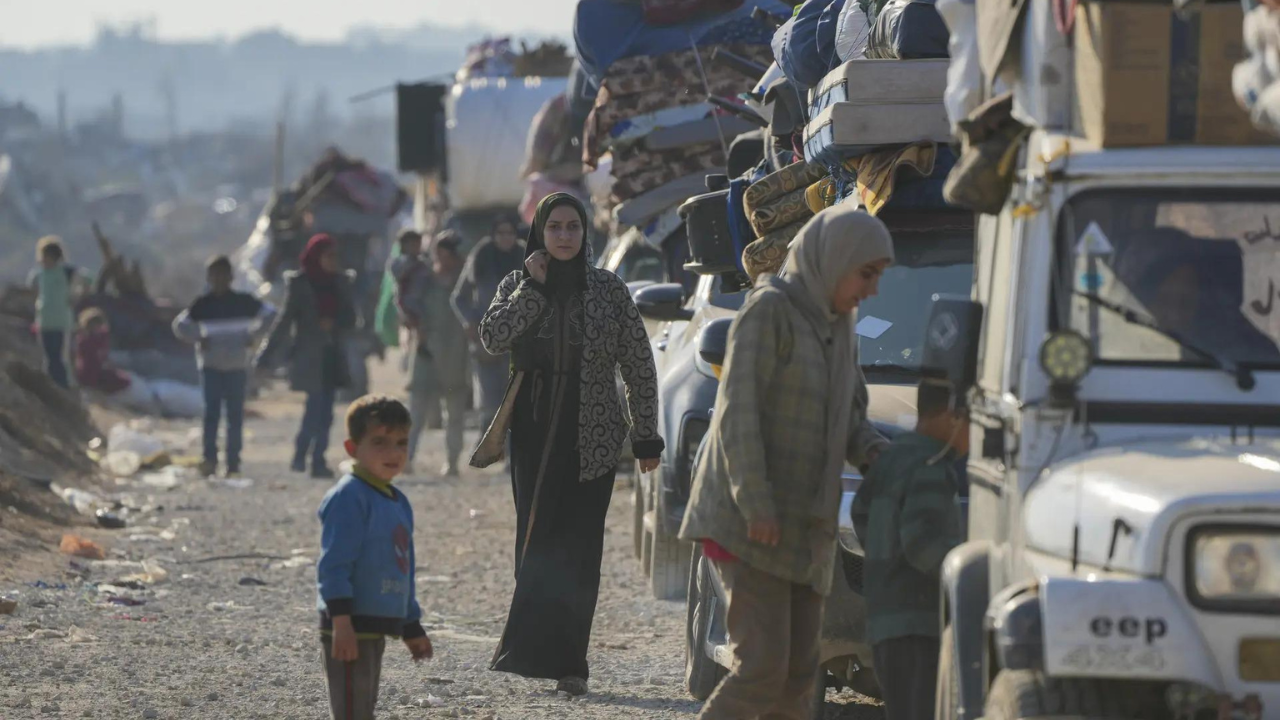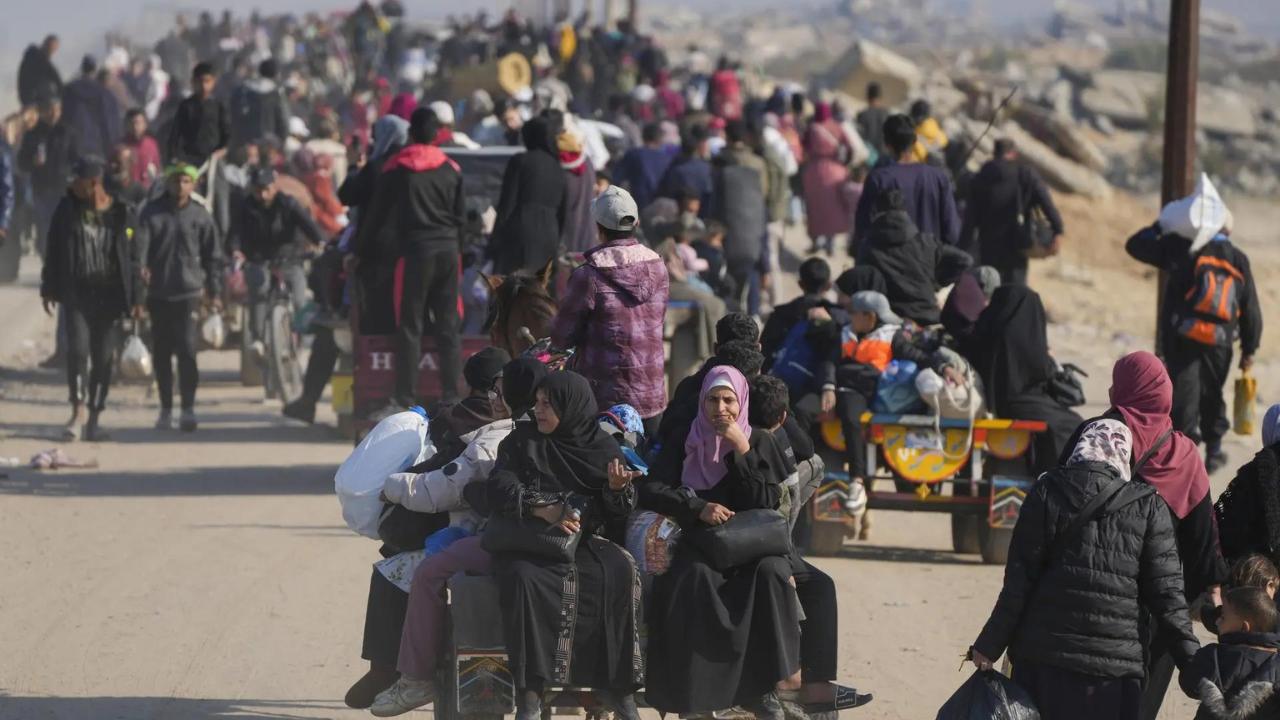Hajj 2025: Saudi Arabia Bans Pilgrims From Bringing Children For This Reason

Join our WhatsApp Community to receive travel deals, free stays, and special offers!
- Join Now -
Join our WhatsApp Community to receive travel deals, free stays, and special offers!
- Join Now -
Saudi Arabia has pilgrims from taking children to the Hajj in 2025. The move is aimed at protecting children from various risks associated with the intense crowding that occurs every year, the Ministry of Hajj and Umrah has announced.
"This measure is taken to ensure the safety and well-being of children and to avoid exposing them to any harm during the pilgrimage," the ministry stated.
Within the framework of improving the overall safety of pilgrims, the ministry also introduced a new set of measures including conducting safety information campaigns, introducing modern intelligent systems to coordinate the movement of pilgrims in sacred places, and improving infrastructure by modernizing tent camps and walking routes.
Saudi Arabia also announced that, as always, the priority for Hajj participation this year will be given to those who have not performed the pilgrimage before.
The 2025 Hajj season is expected to take place from June 4-6, depending on the sighting of the moon. In Islam, the pilgrimage to Makkah is a mandatory religious duty for those who are physically and financially able to perform it at least once in their lifetime.
Saudi Arabia tightly controls the annual pilgrimage, allocating specific quotas to each nation, as an influx of unauthorized pilgrims has led to severe overcrowding in past. To avoid any such incident, Riyadh has announced that it will now issue only single-entry visas for tourism, business, and family visits, suspending the previous one-year multiple-entry visas indefinitely.
The policy change affects travellers from 14 countries, including those from Algeria, Bangladesh, Egypt, Ethiopia, India, Indonesia, Iraq, Jordan, Morocco, Nigeria, Pakistan, Sudan, Tunisia, and Yemen.
Meanwhile, registration for domestic Hajj pilgrims, including Saudi citizens and residents, has been opened via the Nusuk app, which serves as the official platform for Hajj registration. Applicants are required to update their health details, add companions, and submit a Mahram (male guardian) exemption request if necessary. Once the registrations are completed, applicants will be notified when Hajj package bookings become available.
What's Your Reaction?
 Like
0
Like
0
 Dislike
0
Dislike
0
 Love
0
Love
0
 Funny
0
Funny
0
 Angry
0
Angry
0
 Sad
0
Sad
0
 Wow
0
Wow
0








































![Today's hottest deals - Kinsley Iron Blue Desk Pot at just Rs.49 [MRP ₹299]](https://savefree.in/uploads/images/202504/image_870x580_680c89dae6fdb.webp?#)















